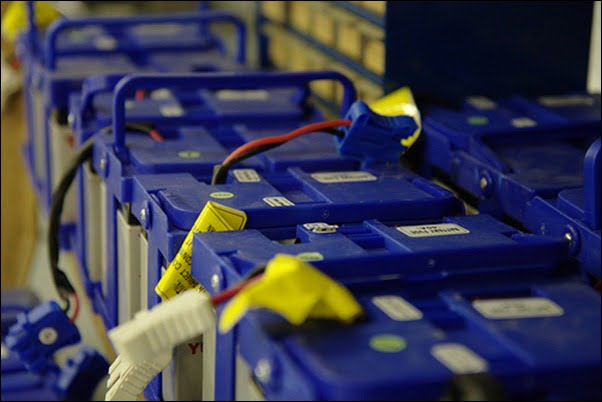Lead-acid batteries, like all batteries, undergo a natural aging process over time. Several factors contribute to the aging of lead-acid batteries.
- Sulfation: Sulfation occurs when lead sulfate crystals form on the battery plates during discharge. Over time, these crystals can build up and reduce the battery’s capacity and performance.
- Corrosion: Corrosion of the battery plates can occur due to exposure to moisture, high temperatures, or other environmental factors. This can lead to reduced conductivity and increased internal resistance, which can affect the battery’s performance.
- Electrolyte Loss: The electrolyte in a lead-acid battery can evaporate or be lost due to overcharging, over-discharging, or other adverse conditions. This can lead to reduced battery capacity and performance.
- Grid Degradation: The lead grids that hold the active material on the battery plates can degrade over time due to repeated charging and discharging cycles. This can lead to increased internal resistance and reduced battery capacity.
- Positive Plate Expansion: Over time, the positive plates in a lead-acid battery can expand due to the formation of lead sulfate crystals. This can lead to increased internal resistance and reduced battery capacity.
- Thermal Runaway: In extreme cases, lead-acid batteries can experience thermal runaway, which occurs when the internal temperature of the battery increases rapidly due to an external heat source or other factors. This can lead to the release of gases, loss of electrolyte, and damage to the battery.
In summary, several factors contribute to the aging of lead-acid batteries, including sulfation, corrosion, electrolyte loss, grid degradation, positive plate expansion, and thermal runaway. These factors can lead to reduced battery capacity, increased internal resistance, and other performance issues over time. Proper maintenance and care can help to minimize the effects of aging and extend the life of a lead-acid battery.


